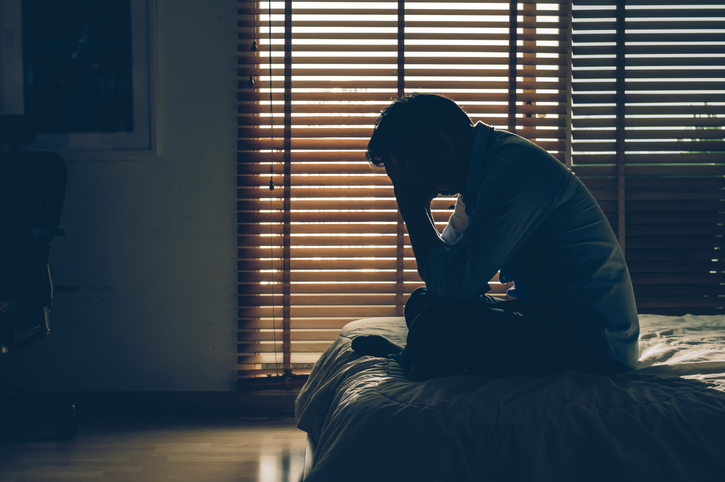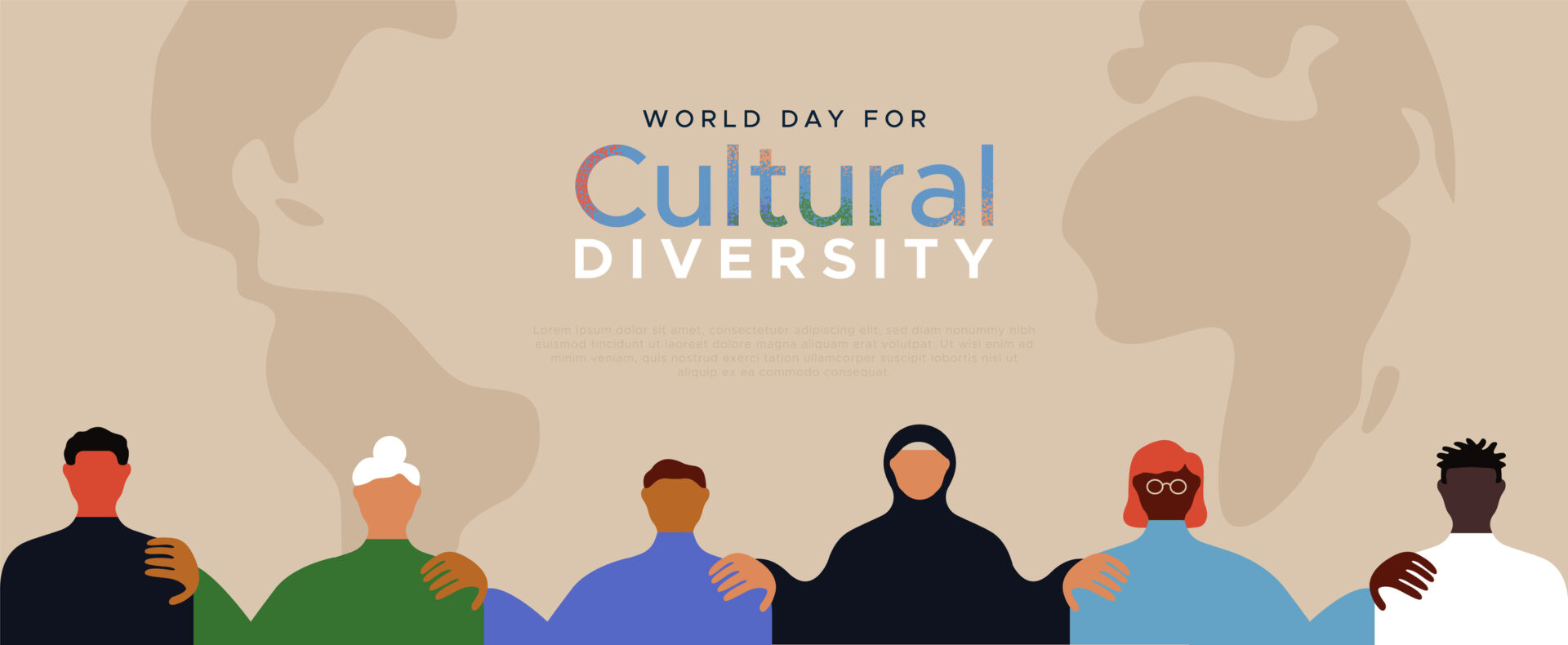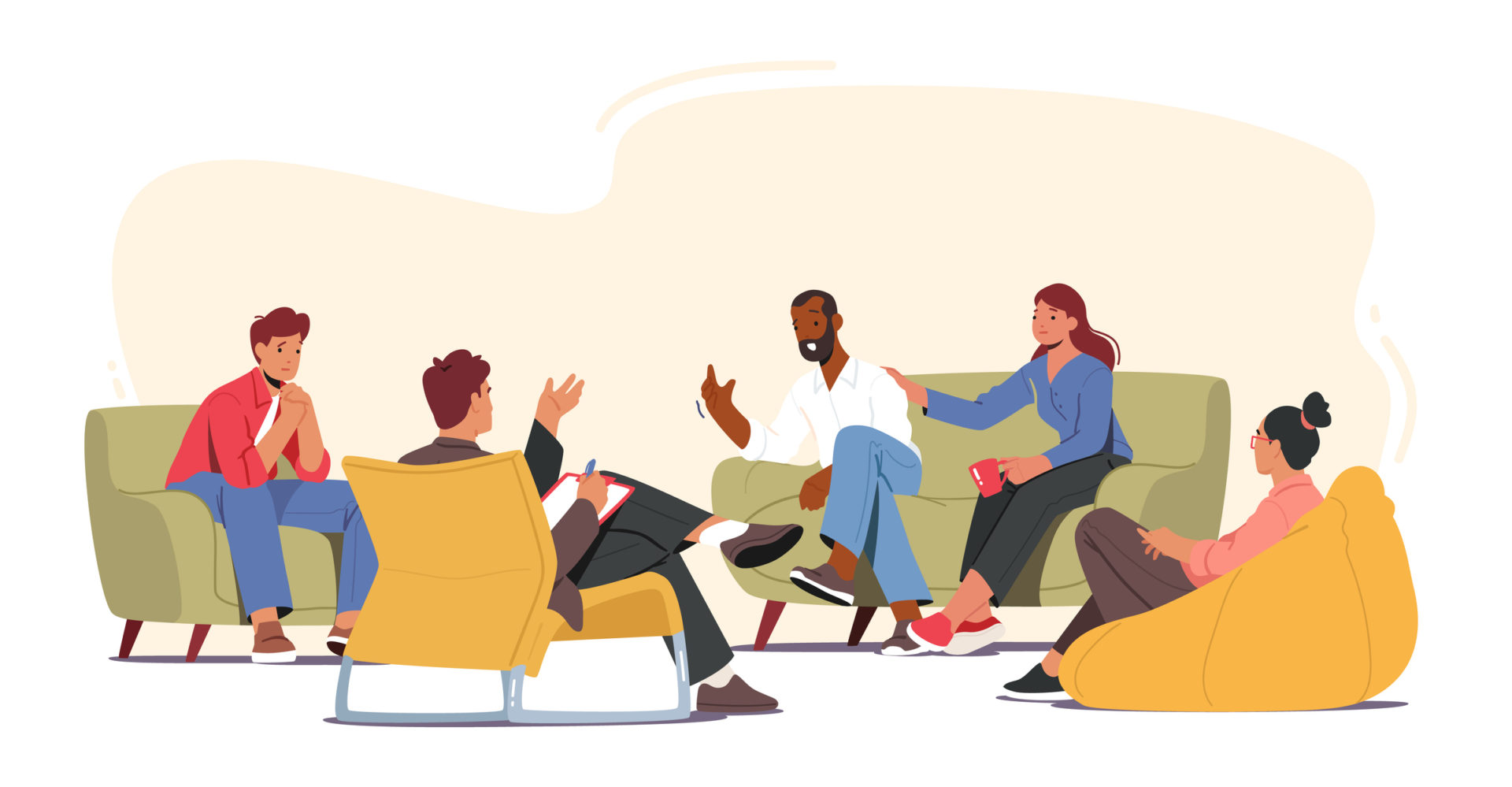COVID-19 is responsible for over 350,000 deaths, but this virus is claiming more than just lives. The pandemic’s effect on the healthcare industry and the economy has an impact on mental health.
With the number of COVID-19 cases continuing to rise in many countries and some discrepancies as to how long the pandemic will last, there must be resources in place to combat any changes in the mental state caused both directly and indirectly by COVID-19.
Below, we outline everyday stressors during this time of unease, their effects, and solutions that professionals suggest to combat them. We will also provide some resources and tips for how to remain in good spirits while practicing social distancing and shelter-in-place orders.
Stressor: Working in Healthcare
On the frontline of the pandemic, healthcare providers see and experience it all. Including stress. Doctors and nurses are responsible for analyzing a patient’s health status. With a virus attacking the respiratory system and ventilators on short supply, these decisions can be life-saving or life-ending.
While this is the type of decision healthcare providers make daily, physicians don’t show up to work each day expecting to put their lives and the lives of their loved ones at risk. Like ventilators, protective gear is in short supply. With shortages of masks, gloves, and coveralls, governments are asking medical providers to put off any unnecessary procedures until such items can be restocked. Even with these measures in place, many physicians are practicing without these items and have concerns about passing COVID-19 to their family members at home.
The combination of guilt, skyrocketing case numbers, and extended shifts can majorly impact the mental health of physicians and nurses. To alleviate some of these pain points, resources are available to those in healthcare. These come in the form of emotional support hotlines and counseling services.
Stressor: Getting Laid Off and Facing Financial Issues
With the aggressive spread of COVID-19 demanding social distancing, and in some cases, orders to remain at home, many public spaces and businesses are shut down. As a result, working-class individuals around the globe are experiencing pay cuts, with many being laid off. In many areas of the country, unemployment rates are continuing to rise. As a result, even businesses and companies with the ability to work remotely are seeing fluctuations in customer traffic. The effects are visible in the change of stock values.
The above financial stressors are enough to induce changes in an individual’s mood and anxiety levels. Couple that will the added concern of not being able to foot a hospital bill if you begin to experience symptoms of COVID-19, and it is natural to feel panic.
While some governments have plans in place to make COVID-19 tests and treatment more affordable or free, individuals who have been affected by COVID-19’s economic reach need more. Suggested solutions to improve the current state of the economy include a decrease in tax rates and holds on utilities and rent. These suggestions are in motion in some countries, states, and cities.
Stressor: Being Isolated or in Quarantine
For those who have the virus or may have contracted it, isolation or quarantine is required. In countries with high and growing case numbers, lockdowns have become routine. According to research done by individuals who have been in quarantine in the past, being isolated from others can cause significant PTSD that can be long-lasting.
In these instances, the role that human contact and connection plays in mental health becomes clear. It is vital to our survival. Luckily, many people have access to technology, which allows for phone calls and video chat with friends and family. For those with limited technological resources, there are other alternatives. Italians have taken to singing from their balconies while Spaniards have taken to rooftop workout routines. This is a time to connect with others in creative ways.
Despite efforts to maintain good mental health, the overabundance of stressors can be overwhelming. If you or someone you know is struggling, the CDC has compiled a list of resources you can take advantage of, which you can view on their website.
Interested in helping patients battling mental illnesses? The medical specialty of psychiatry could be a good area of medicine for you to practice.
AMO offers plenty of clinical experiences in this specialty to give you a taste of what it is like.







Really thank you for sharing this valuable information,
Many people are facing different challenges that be stressful, overwhelming, and cause strong emotions in human being. Public health actions, such as social distancing, are necessary to reduce the spread of COVID-19, but they can make us feel isolated and lonely and increased stress and anxiety issues.
Very good article